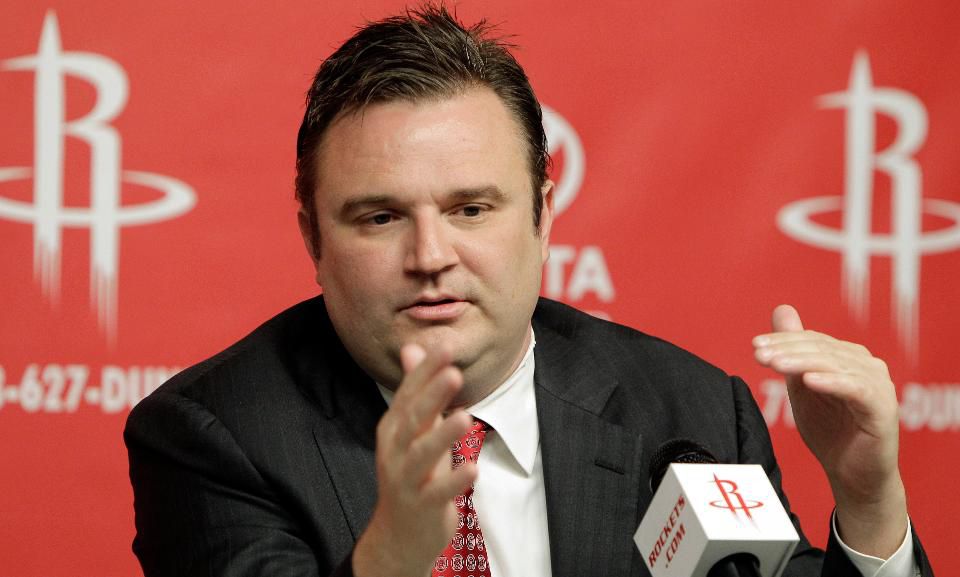Published on Forbes.com
As of the time of writing, the Houston Rockets have an estimated luxury tax bill of $27.42 million. They are $14.47 million over the $127.73 million 2018 luxury tax threshold with $138.20 million of total taxable salaries. How is that $27.42 million estimate derived?
Teams pay an incremental tax rate based on their team salary as of the team’s last regular season game, and whether they are a “repeat offender.” So if the Rockets remain at $14.47 million over the threshold, they would pay the incremental maximum of $7.5 million for $0 to $4,999,999, plus the incremental maximum of $8.75 million for $5 million to $9,999,999, plus $4,469,841 times the incremental rate of $2.50 for $10,000,000 to $14,999,999. This brings them to a total of $27.42 million.
If the Rockets exceed the threshold by $14,999,999 or more, they would pay the incremental maximum of $12.5 million (plus the other incremental maximums) and then they would tack on $3.25 times any amount their total team salary falls at between $15 million and $19,999,999. If they exceed the threshold by more than $20 million, they would pay the incremental maximum of $16.25 million (plus the other incremental maximums) and $3.75 times however much they exceed $20 million, except if they exceed $25 million.
These alternative permutations are critical to keep in mind to the extent the team decides to engage in trades during the season or utilize the taxpayer mid-level exception. As of today, the Rockets still have their full $.337 million taxpayer mid-level exception at their disposal. It’s possible that the team uses some of that money later in the year to shore up the roster as more veterans become available.
“Unlikely” bonuses that were earned are added to team salary; “likely” bonuses that were not earned are subtracted from team salary. So for instance, if Clint Capela shoots greater than 65% from the free throw line, that $500,000 “unlikely” bonus will be added into the team salary.
A team is a “repeat offender” if they were taxpayers in at least three of the four previous seasons. The repeat schedule is crushing, with the lowest incremental maximum being $12.5 million at a rate of $2.50. (Compare this against the normal lowest incremental maximum of $7.5 million at a rate of $1.50.) Last season, only the Cavaliers, Warriors, Thunder, and Wizards were taxpayers.
There is no practical scenario which sees the Rockets dipping below the tax line this upcoming season. Given their title aspirations, their total bill is also likely to increase. In years past, under the previous collective bargaining agreement, general manager Daryl Morey had found creative ways to dip right under the tax line just before the end of the season.
In 2019-2020, for purposes of the repeater tax, the Rockets have a little over $90 million committed between just guards Chris Paul and James Harden, and center Clint Capela. If they were to trade for say, Jimmy Butler, and actually retain him, their total bill would skyrocket. Point guard Brandon Knight is still owed $15.64 million in 2019-2020 before coming off the books the following summer.
Of course, none of this precludes a Butler trade by any stretch of the imagination. The team could let him walk or they could be more willing to stomach the tax than conventional wisdom might imagine. Maybe they deal Butler or Capela down the line? (It’s difficult to imagine a scenario where the Rockets would trade Harden and Paul would have little value at that point, given his salary.) This is all to say that Morey has pushed in all his chips and will have decisions to make on behalf of his owner.
